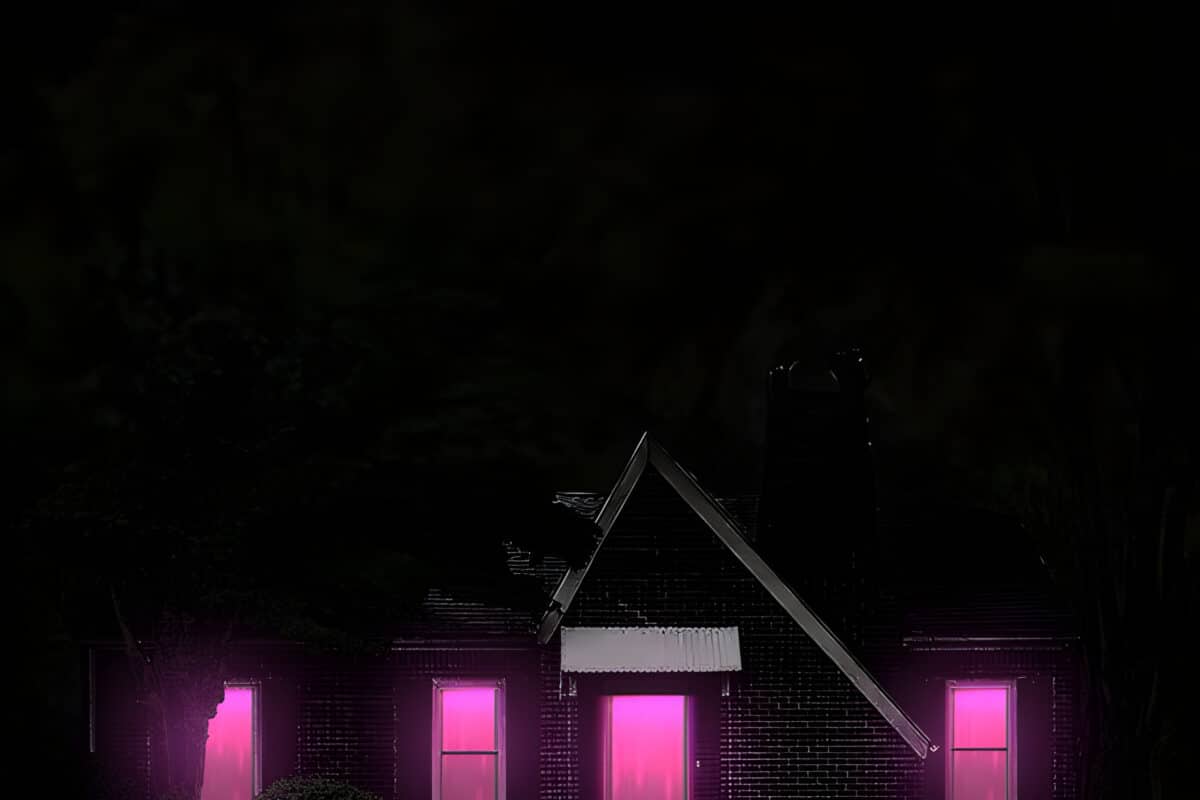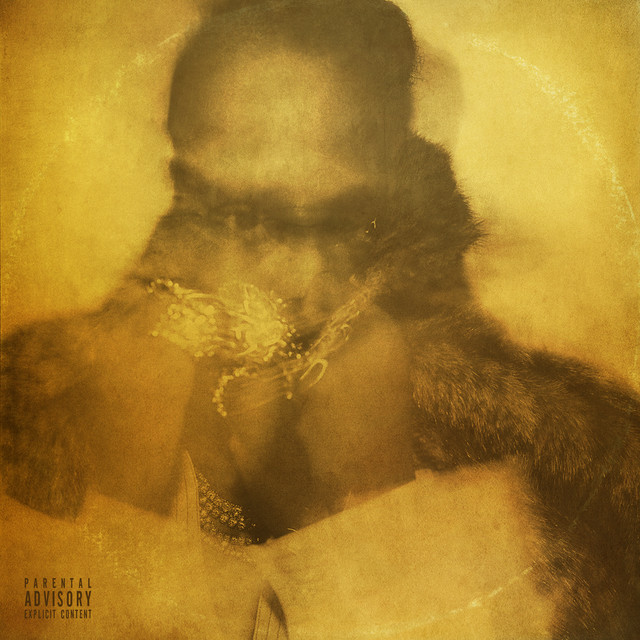Released: 2024
“PLUTOSKI” by Future is a whirlwind journey into the opulent and fast-paced life that the rapper leads. Through the song, Future touches upon themes of wealth, street credibility, and the complexities of fame, all while flexing his distinctive lyrical style. He navigates the thin line between the luxurious highs and perilous lows of a gangster lifestyle, utilizing his experience and charisma to convey authenticity.
From the onset, the track’s opening is marked by a bold proclamation “Whoa!” setting an intense and immediate tone. Future doesn’t shy away from emphasizing his disregard for superficial details as he claims not to “even know what she is, I just took care of the bill,” illustrating a carefree attitude toward expenses and material possessions.
Moving into the verse, Future sets the scene by declaring that they “not no regular niggas, these not the regular pointers.” Here, he’s making it clear that the level of opulence he is referring to is beyond ordinary – “pointers” refers to high-quality diamonds, suggesting that everything about him and his crew is above average.
He continues with imagery of “thousand one grams on a chain” to symbolize wealth and status. This metaphorically underscores the magnitude of his success and how he continuously “gettin’ my currency changed,” signifying a life that often transitions between different places and currencies due to his international escapades.
“Can’t hang with a nigga false claimin'” reflects Future’s disdain for inauthenticity and poses as a reminder of the importance of staying true to oneself and one’s roots in the often deceitful entertainment industry. This also touches on themes of loyalty and integrity which are recurrent in many hip-hop narratives.
The phrase “Plutoski” appears recurrently, a likely nod to his alter-ego Pluto and a linguistic play on ‘ski,’ often used to imply moving or swerving. “Chop off the doors again” and “trappin’ out loads” further depict a sense of luxury mingled with his street roots. “Sippin’ on dope again” echoes back to Future’s often mentioned themes of drug use as a method of coping or escapism.
As he states, “Streets turn a boy into a man,” it’s a poignant nod to his origins and how the tough realities of street life shaped him. Future often ties back his current state of success to the raw experiences that shaped his upbringing and carved out the man he’s become.
The mention of “Trappin’ out the trap” repeatedly underlines his roots in trap music and the lifestyle that surrounds it. His candid mention of activities such as “flippin’ out the strap” also keeps listeners attuned to the edgy realities of his world, involving street-smart survival instincts and hustling nature.
Future wraps his identity with both struggle and achievement, emphasizing “streets turn the boy into a millionaire.” Here, he credits the hardships and grind of street life for his millionaire status, turning potential negativity into his success story, thus demonstrating resilience and entrepreneurial spirit.
Concluding with repetition of the core lifestyle of “trappin’, thuggin’,” and swerving through life’s complexities as “Pluto,” Future highlights his perseverance and dedication to his persona and his craft. In “PLUTOSKI,” the allure of materialism and gritty realism coalesce, showing Future’s expertise in narrating the luxurious yet tumultuous saga of his life.








